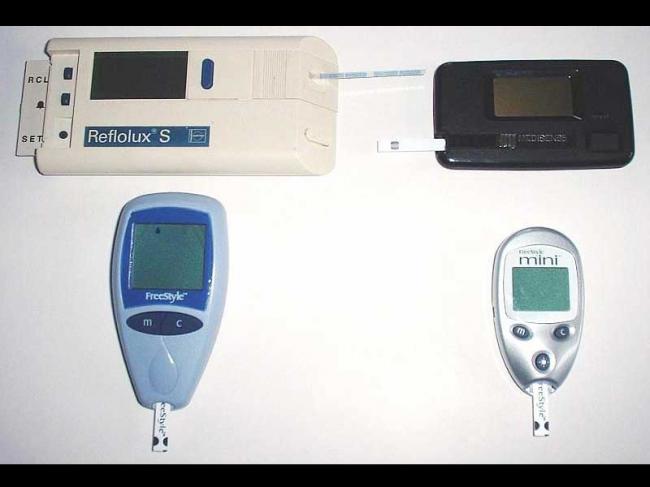
Frequent night shift work boosts likelihood of Type 2 diabetes, finds study
New York, Feb 17 (IBNS): Healthcare workers, security guards and other employees who periodically work the night shift are significantly more likely to have Type 2 diabetes than workers who work only days, according to a sweeping new study by researchers from CU Boulder and Brigham and Women’s Hospital (BWH) in Boston.
The study of more than 270,000 people, published online this week in the journal Diabetes Care, also found that the more nights employees work, the greater their odds of having the disease, whether they are genetically predisposed to it or not.
“Shift work, particularly night shifts, disrupts social and biological rhythms, as well as sleep, and has been suggested to increase the risk of metabolic disorders, including Type 2 diabetes,” said co-first author Celine Vetter, director of the Circadian and Sleep Epidemiology Laboratory (CASEL) at CU Boulder. “Our study is one of the first to show a dose-response relationship, where the more often people work nights, the greater their likelihood of having the disease.”
About 15 million Americans work permanent night shifts, rotating shifts or shifts with irregular schedules. Recent studies have found associations between such shift work and cardiovascular disease, diabetes and cancer, but few have looked specifically at how different work schedule characteristics impact risk.
For the study, Vetter worked along with co-first author Hassan S. Dashti and collaborators at BWH, the Broad Institute of MIT and Harvard, and Manchester University, to examine data from participants 38 to 71 years old in the UK Biobank. Participants had provided detailed information on lifestyle, health status and present work schedule; 77,000 also provided in-depth lifetime employment information, and a subgroup of 44,000 provided genetic information. Participants also provided information about their “chronotype,” or whether they were a morning person or night person.
Nearly 7,000 people had Type 2 diabetes.
The researchers found that those who worked irregular or rotating shifts that included night shifts were 44 percent more likely overall to have Type 2 diabetes than those who never worked nights. The odds of a person having diabetes rose with nights worked. For instance, those who worked eight or more night shifts per month were 36 percent more likely to have diabetes than day workers.
Notably, those who in their current schedule worked only at night showed no increased incidence of diabetes. This could be because those who tolerate nightshift work better tend to gravitate toward night jobs (permanent night shift workers were twice as likely to have a “night owl” chronotype). But Vetter also notes that over time, some people may partially adapt to working nights. “If you rotate through a schedule that is always changing between day and night shifts it makes it hard to adapt and you can end up with a chronic misalignment between your light-dark cycle, your sleep-wake schedule, your meal timing, and your physical activity timing.”
Previous research at CU Boulder and by corresponding co-senior author Frank Scheer, director of the Medical Chronobiology Program and associate professor of medicine at Harvard Medical School, has shown that both sleep-debt and body-clock misalignment can impair glucose tolerance and insulin sensitivity—a precursor to diabetes.
Vetter notes that while people may not be able to avoid working nights, maintaining a healthy weight and diet, and taking care to get enough exercise and sleep, is likely to mitigate its health risks.
This was the first study to look at the genetic predisposition to Type 2 diabetes and its potential modification by shift work, and more studies are needed to replicate those findings.
The authors hope that the research will also inform efforts by employers to help their workers be as healthy as possible.
“Our study findings represent another puzzle piece in this quest towards healthier work schedule design,” they conclude.
Support Our Journalism
We cannot do without you.. your contribution supports unbiased journalism
IBNS is not driven by any ism- not wokeism, not racism, not skewed secularism, not hyper right-wing or left liberal ideals, nor by any hardline religious beliefs or hyper nationalism. We want to serve you good old objective news, as they are. We do not judge or preach. We let people decide for themselves. We only try to present factual and well-sourced news.







